IRS Going After Cash Transactions
U.S. Goes After Cash Transactions
The New York Times recently reported that Federal and state authorities are investigating a handful of major American banks for failing to monitor cash transactions in and out of their branches. The government claims that this may have enabled drug dealers and terrorists to launder tainted money, according to officials who spoke on the condition of anonymity.
It is alleged that the primary target of the investigation is the embattled J.P. Morgan Chase. Who, fresh off a scandalous trading loss of $5.8bn, is in no position to stand up to another political firestorm. It is also suggested that the government is looking in to several other big name banks, including Bank of America.
Before I get in to this story, let’s define our terms:
A cash transaction is one where someone withdraws or deposits paper money. This does not include checks or wire transfers. A bank is required to report any cash transaction in excess of $10,000, and any transaction the teller deems to be “suspicious.”
A suspicious transaction is usually a group of transactions that are structured to avoid the reporting requirements. For example, you go in to the bank each day and deposit $9,500, or in to two branches with $6,000 each time. If the teller (or computer) notices, then a Suspicious Transaction Report will be sent to the IRS.
Tellers are also trained to spot signs of generally suspicious behavior. For example, if a customer asks about the reporting requirements or anything related to taxation or the IRS that is suspicious. If the customer seems nervous or otherwise sets of warning bells, a report will be generated.
With that said, let’s get back to the story:
The Comptroller of the Currency, as well as prosecutors from the Justice Department and the Manhattan district attorney’s office are all gearing up to go after these banks in order to protect us from drug dealers and terrorists…YEH! We should all stand up and applaud our government’s diligence!
Well, wait a minute. Who is the actual target here? Is al-Qaeda really transacting giant piles of cash and fooling tellers and computers in to not reporting? Are the internal bank compliance systems, on which these companies have spent millions of dollars, fooled so easily?
As someone who has represented both clients and family members caught up in these currency transaction reports and suspicious transaction reports, I can tell you that banks take them very seriously. I can also tell you that the teller’s credo is report first and ask questions later…CYA all the way.
So, why the sudden focus on cash transactions? In my opinion, it is a new battlefield being tested against average U.S. citizens, with nary a terrorist in sight. Are self-employed persons cashing their checks rather than depositing them to avoid paying taxes? Are they structuring their transactions to avoid a currency report?
With international tax evasion, the IRS has the Foreign Bank Account Form and related penalties. With domestic tax evasion, the government as the Currency Transaction Report to target anyone who lands in their crosshairs. Much like the FBAR, attempting to avoid the filing of a CTR is punishable by up to five years in prison.
As you may recall, it was just six years ago that the Patriot Act came in law under George Bush. The reasoning behind this act, as well as those to follow (HIRE, FATCA, et al.), was to put a stop to terrorist money laundering. Well, the Patriot Act led to the IRS attack on the Swiss bank UBS, $5 billion dollars and counting in new tax and penalty revenues, and the prosecution and imprisonment of hundreds of U.S. citizens…without a terrorist to be found
Now, as the government increases pressure on banks to report anyone transacting in cash, or acting suspiciously, and turns bank tellers in to unpaid IRS Criminal Investigation Agents, a new battle is brewing between the IRS and the average American self-employed person who may be fudging on his or her taxes.
When this is over, two things will come of it: 1) the IRS will persecute a few to collect from many and 2) the number of anonymous cash transactions will be reduced significantly, with business being done by credit card, check or wire, thereby traceable and controllable.

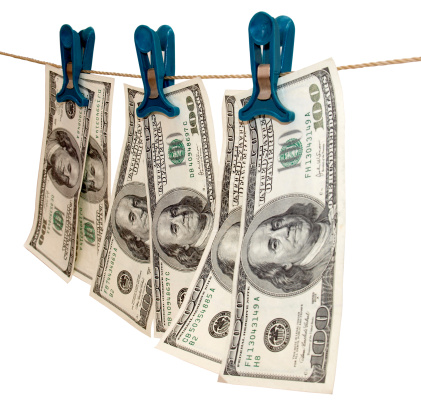
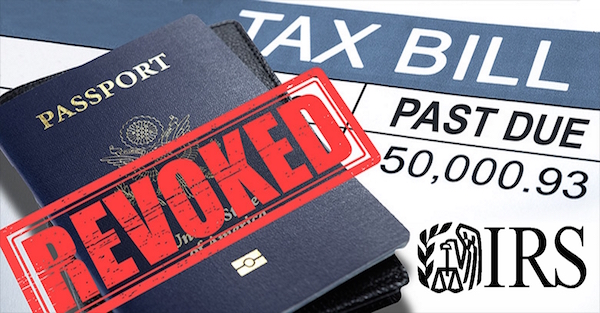
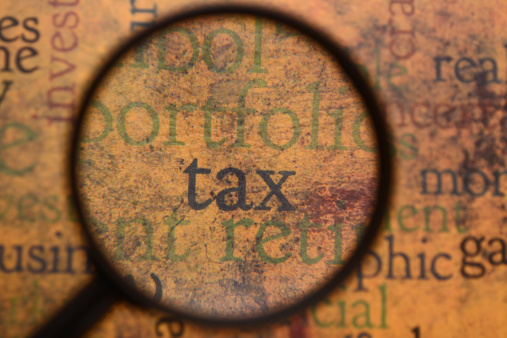

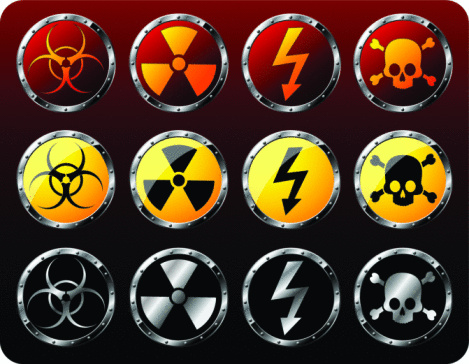
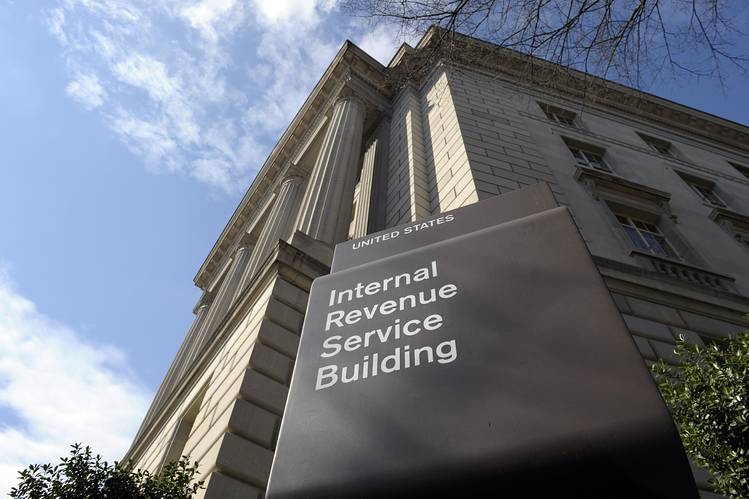
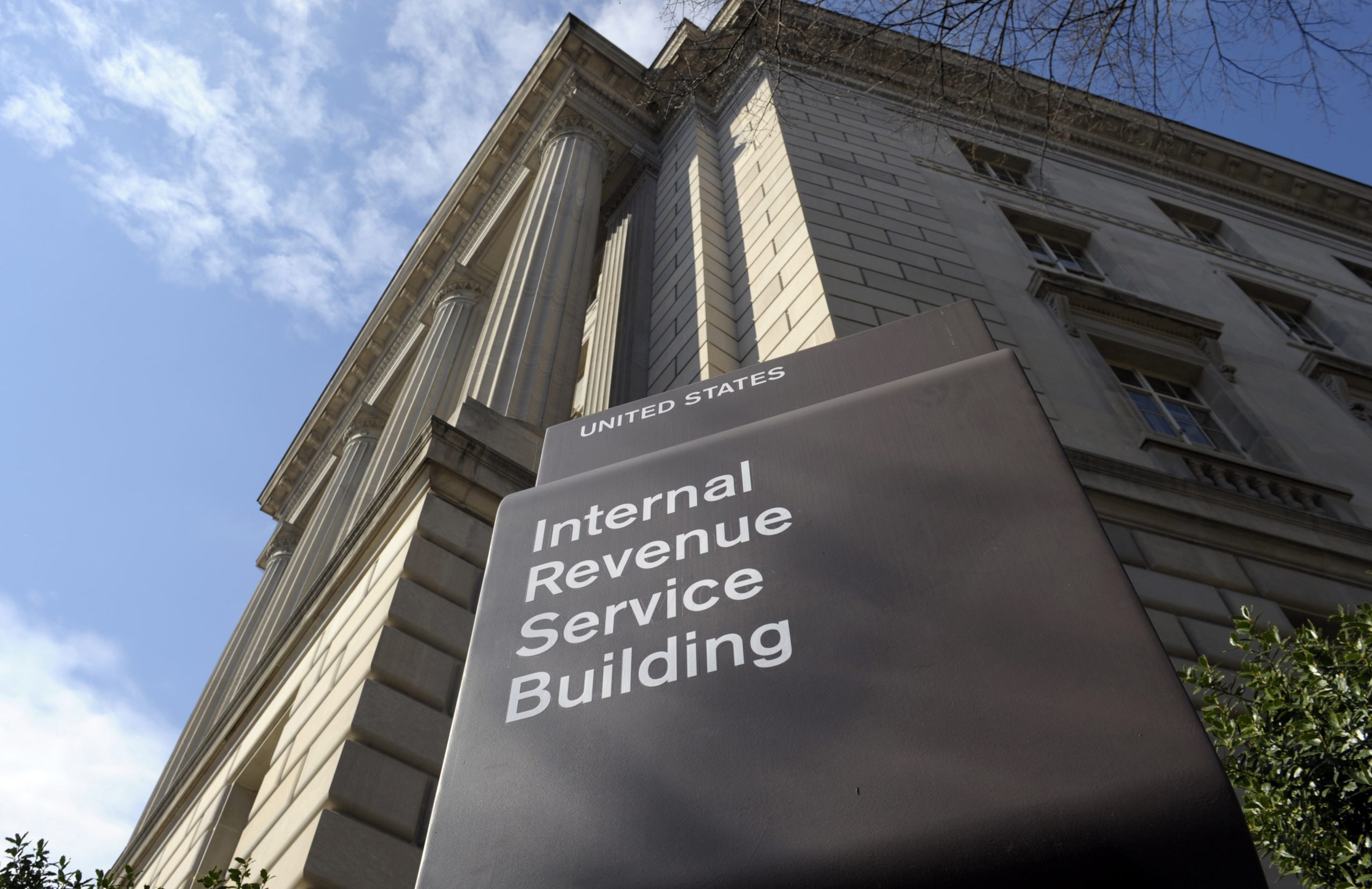
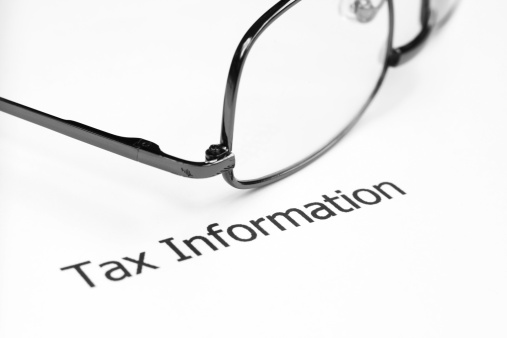


Leave a Reply
Want to join the discussion?Feel free to contribute!